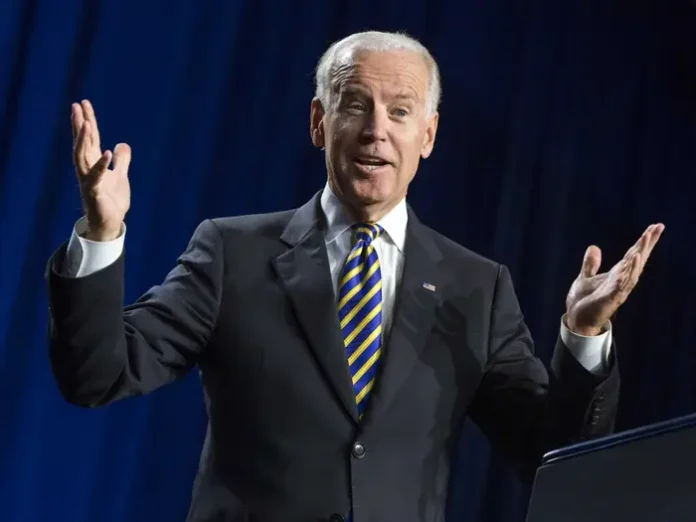President Joe Biden’s decision to issue a sweeping pardon for his son, Hunter Biden, is a political and personal move fraught with implications that extend far beyond the immediate narrative of family loyalty. While Republican Senator Tommy Tuberville’s sentiment—“If it was my son, I’d pardon him too”—may resonate with many on a human level, the consequences of this decision ripple across the political spectrum and raise profound questions about the intersection of justice, accountability, and political strategy.
In justifying his actions, President Biden cited what he described as a “miscarriage of justice.” White House Press Secretary Karine Jean-Pierre elaborated, asserting that Hunter Biden was “singled out” and subjected to undue pressure, ostensibly as a means of undermining the president himself. Yet, this rationale has not quelled criticism; instead, it has amplified concerns about the erosion of public trust in the Department of Justice and the judicial system as a whole.
The claim is sort of hilarious because it’s his DOJ that is doing the prosecuting.
From a political vantage point, Biden’s decision has handed opponents a powerful narrative. Democratic strategists and lawmakers alike have expressed fears that the pardon undermines their moral high ground when challenging controversial actions by President-elect Donald Trump. Trump, who has faced scrutiny for his handling of the Department of Justice, now has a precedent to invoke as he moves toward his anticipated pardons of January 6th participants or other controversial figures. As Ty Cobb, a former Trump special counsel, starkly observed, this act provides Trump and his supporters a justification to further challenge institutional norms—a prospect many view as deeply damaging to the nation.
The fact that Biden pardoned Hunter isn’t a surprise when you look back at the Biden administration. They have consistently said one thing and done another. For example, a few years ago Biden said he wouldn’t mandate the C***D shot. Just weeks later, his administration attempted to mandate it.
What is a surprise is the timing.
Yes, Hunter’s sentencing was on the horizon (December 12), but the timing was still interesting. Biden could have pardoned him after the sentencing or done a mirage of things. Instead, he didn’t not long after Trump announced Kash Patel would run the FBI.
That was primed to be the top story coming out of the holiday weekend. Then Biden pardoned Hunter, and it has dominated the news cycle.
It’s just something that makes you go, hmmmm.


